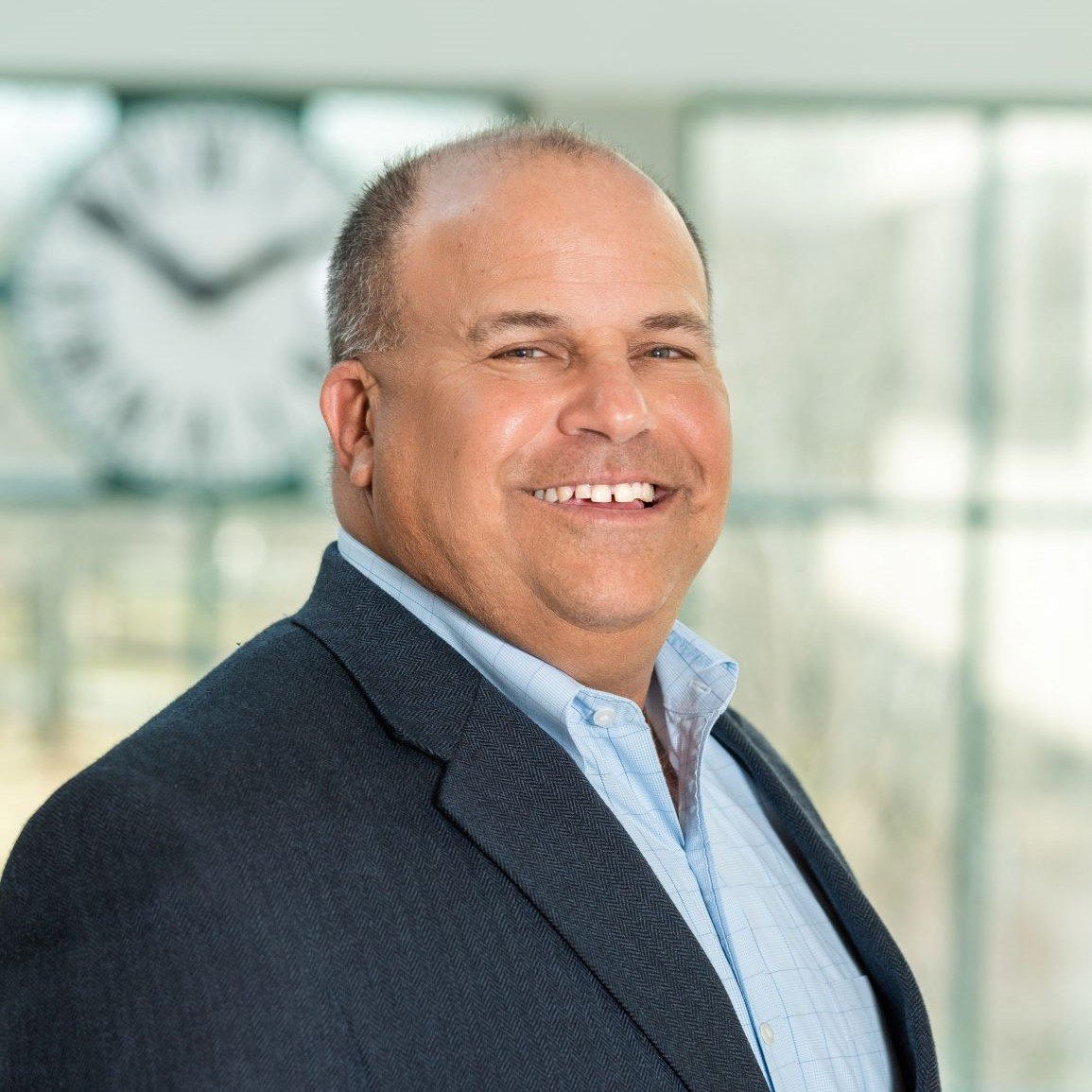What are some areas that you feel are being neglected by your medical professional clientele in regards to planning?
One of the common issues I come across is that they have yet to implement a financial plan. A plan that would usually already be in place for individuals we meet in other careers. For example, this can include an age at which they would like to retire. The main theme I see with the medical profession is that most doctors have no exit strategy, instead, they have a mindset that they will work forever, which leads to this lack of planning.
As financial advisors, our job is to educate them about the importance of having more time to save and invest, as well as, provide them with the best possibility of achieving their financial goals. As part of this education, we can evaluate what is a realistic age to retire and if their expected lifestyle after retirement is practical. For the younger medical professionals, we discuss that while they feel like they can work forever, that will not always be the case as other life priorities come into play.
What is a key planning item that you feel should be addressed early in a medical professional’s career?
It may seem simple, but having a disability policy in place at a young age is a key planning item that should be addressed early on. In general, the cost of a medical professional’s disability coverage is typically more expensive than the average occupation – and can vary in price depending on their specialty. By getting a policy placed when they are younger, it will limit this cost. There are also plans that have options to add more coverage at a later time-when earning more income.
The impact of not having a disability policy in place can be detrimental to the career or practice of a medical professional – therefore having a larger impact on their family’s lifestyle. If the injury is a permanent one, such that he or she cannot do the same kind of work, a DI policy can alleviate some of the financial pressures they will experience.
In addition to Malpractice insurance, what other steps can a medical professional take to protect their assets?
One planning solution is a Hybrid Domestic Asset Protection Trust. This is an irrevocable trust that utilizes a strategy where the settlor (the person who creates the trust) is not a beneficiary of the trust but he/she can be added later as one. After the statute of limitations has passed, the assets which are placed in this trust should be protected from the settlor’s creditors. The statute of limitations also depends where the trust is created. One of the more friendly jurisdictions for these kinds of trusts is Nevada as this jurisdiction provides more protection than most. This kind of trust is best suited for those who are high income earners, who want to protect the wealth they have accumulated.
When working with medical professionals, or clients in general, what do you feel is the best part of your value proposition?
The main idea I stress to my clients is that my team can take care of their entire financial world. We place a high level of importance in the timing we respond back to our clients with serving requests. We also place importance on providing them with the confidence that we are here for them no matter what financial concerns they may face. In most cases, we have the resources in-house to help them or, if it is something that is beyond our expertise, we have the trusted relationships to connect them to the right professionals who can help. Ultimately, this saves them time and energy that they can redirect back to their practice and their families.
Why did you start working with so many individuals from the medical community?
It is important to be aware of common financial goals that medical professionals may have. I think the main reason I started to work with so many individuals from this field is because I am married to a doctor. This allows me to relate to their lifestyle and appreciate how limited their time can be. As a result of this, it became a natural fit to work with the medical community.
About the Author

Steve Goldenring, CLU®, ChFC®
Stephen C. Goldenring works to help clients stay on course to achieve their financial goals while providing hands-on interaction and superior service along the way. Stephen began his career in financial services in 1986. He holds the Chartered Life Underwriter (CLU®) and Chartered Financial Consultant (ChFC®) designations. He has a Bachelor of Science degree in Business Administration from Bucknell University. Stephen enjoys spending quality time with his wife and two children, particularly on the golf course, where his children also play tournament golf. Stephen enjoys coaching and playing soccer, having represented the USA both playing and coaching in the World Maccabiah Games in Israel.


